The admission scheme: The cause and effect of ingenuous college applications
Everyone wants to be the best.
In education, it is simple to define the best. Various forms of merit exist in the education world to distinguish a good student from an excellent student, such as advanced courses and extracurriculars, all in the hopes to attend a prestigious Ivy League university.
And then what?
A graduate may walk across the stage, receive a degree certificate, and may even get to keep their cap and gown. But it is undeniable that the most impactful thing one takes away from their time at school is debt.
The costs and benefits of attending college are not the same for everyone, and wealth disparity may be the clue as to why the education system is not equally rewarding. Striving for excellence in the academic world seems to be a clear cut path, beckoning many to want to follow it. But is a degree worth all it has cracked up to be?
First, students must get accepted into college. Statistics reported by The Atlantic have shown that in the past 2 years, the number of college applicants has increased by 20%. Each year, the number of applicants grows and admissions rates decrease, fostering fierce competition in high schools.
Students pine and stress for four years to take the most difficult courses and obtain leadership positions in their school. But due to the increasingly competitive nature of college admissions, students are compelled to do more, such as start non-profit organizations, businesses, create clubs, get internships, and do any other extracurricular that is worth merit on applications.
But as much as an applicant attempts to display passion, tenacity, and exigence through their extracurriculars, perhaps their true intentions are just the opposite.
This overly competitive nature fostered by college admissions creates students whose main goals are to get accepted to a college, even if this entails doing extracurricular activities that they are not passionate about, do not keep up with, or are completely falsified just to buff up an application.
Students from wealthier backgrounds often have an advantage in this business. Having more familial connections can help with obtaining unique opportunities, and the ability to go to a private school also helps one’s chances of going to an elite university. Underprivileged students are rarely offered the same opportunities, and without the economic resources to go above and beyond with extracurriculars, a deficit is apparent within the educational opportunities of students based on their financial positions.
This means the students who end up at elite universities are often legacy admissions or wealthy students who simply had more resources to succeed. And now with the overturning of affirmative action, underprivileged students will no longer be equally represented at elite universities.
Junior Becca Hahm attested to the unfairness surrounding college admissions in regards to wealth disparity. “After affirmative action was done away with, I feel like less and less deserving people are going to be admitted into elite universities.” She continued, “Underprivileged students with real talent will be overlooked in favor of students who just had more opportunities than them.”
Jonathan R. Cole of The Atlantic succinctly describes the kind of student that is produced as a byproduct of this excessive competitiveness: “The current system for gaining entry to elite colleges discourages unique passions and deems many talented students ineligible.”
Disparity in the university pathway: Is a college degree worth it for everyone?
Say a student is granted admission into an elite university, or any university for that matter. They will spend years working to obtain a Master’s degree in a given subject, or even a more prestigious degree if they attend graduate school. But do degrees truly pay off in the end?
It is a cost-benefit analysis of whether college is worthwhile. On one hand, according to The Harvard Business Review, statistics show that companies are in need of workers more than people are in need of jobs, so many employers are doing away with degree requirements.
The cruel irony is the debate over the necessity of a college degree directly goes back to wealth disparity. An article by the Washington Post describes at length how a college degree is most beneficial to those who likely cannot afford it. Those in poverty have the most to gain from a college education, as they can attain a higher-paying job by having trustworthy credentials such as a degree.
However, the typical American to have attended college will find themself in upwards of $83,000 of debt. PhD students, on average, have approximately $125,000 of debt. A person who comes from a background of poverty could be crippled by such debts, demonstrating how wealth disparity can be directly translated to education disparity in the United States.
Iowa State University graduate Dustin Miller emphasizes the impact that getting a degree had on his life, as well as the costs: “I didn’t have the same opportunities as a lot of people in high school, and I had to put myself through college,” he stated. “Having a degree has been really beneficial to me, but I understand now how college debt can be absolutely crippling if you aren’t careful.”
It remains in question whether the education system is the “great equalizer of the conditions of men,” as it was intended to be by the pioneer of public education, Horace Mann. What was intended to be a system beneficial to all, despite their economic position, has evolved into a scheme of how to maximize merit over education. The effects of wealth disparity are evidently prominent in high school and college, demonstrating how inequality is persistent in a system meant to be the opposite.








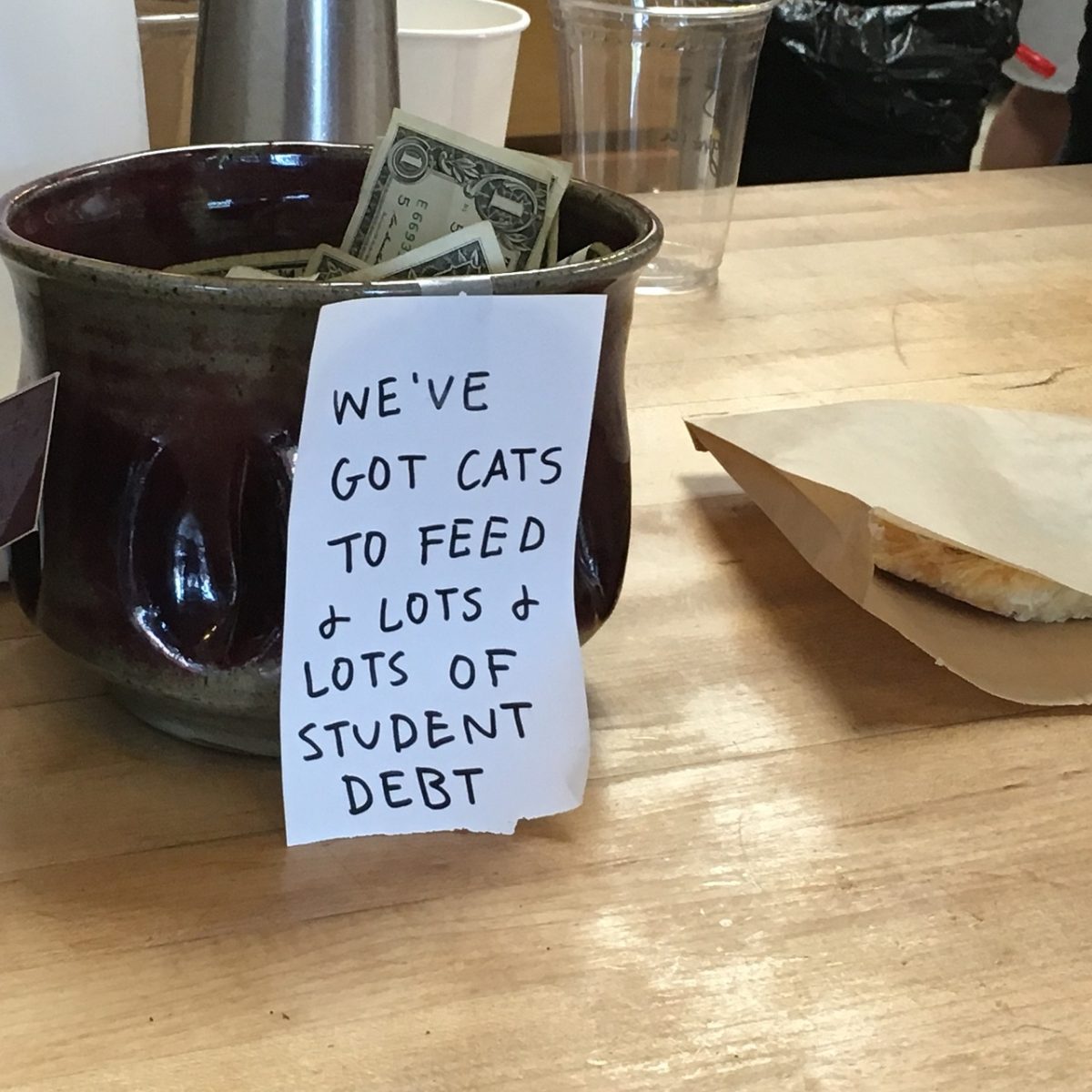

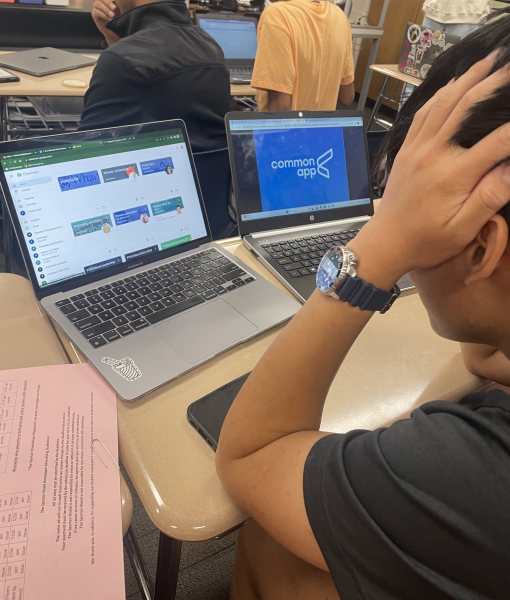
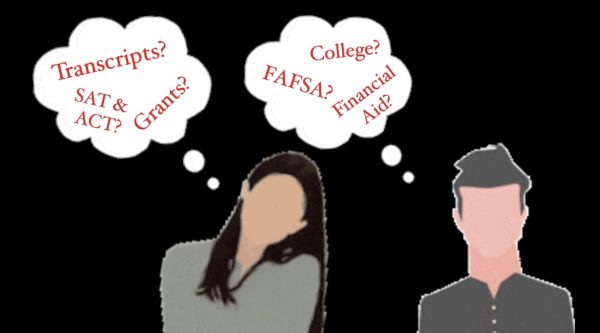






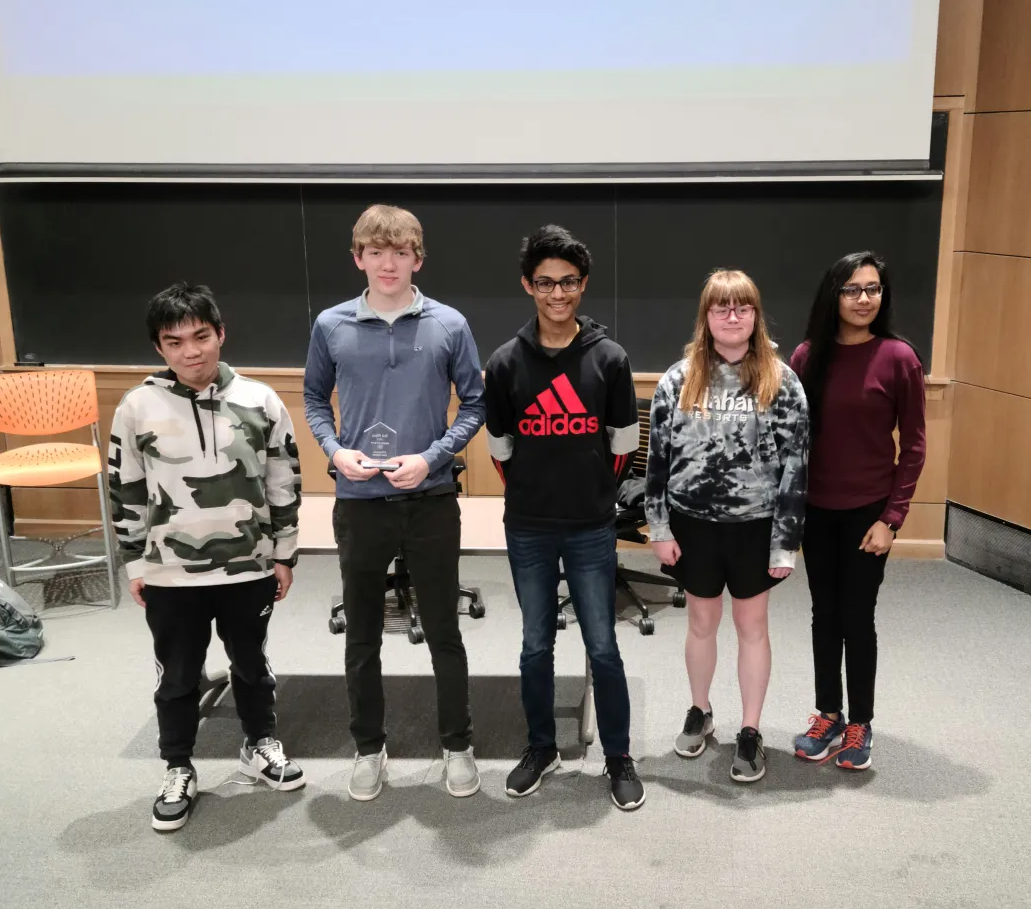





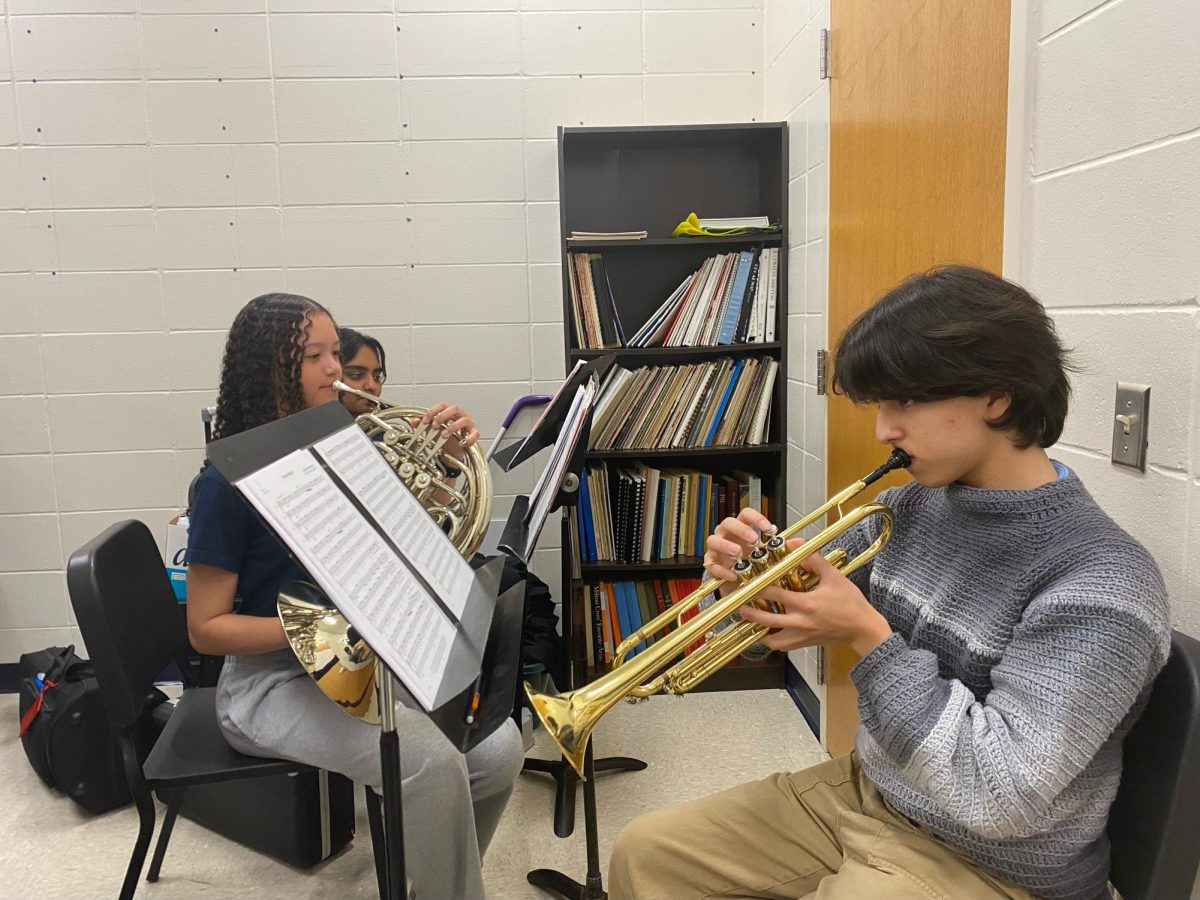



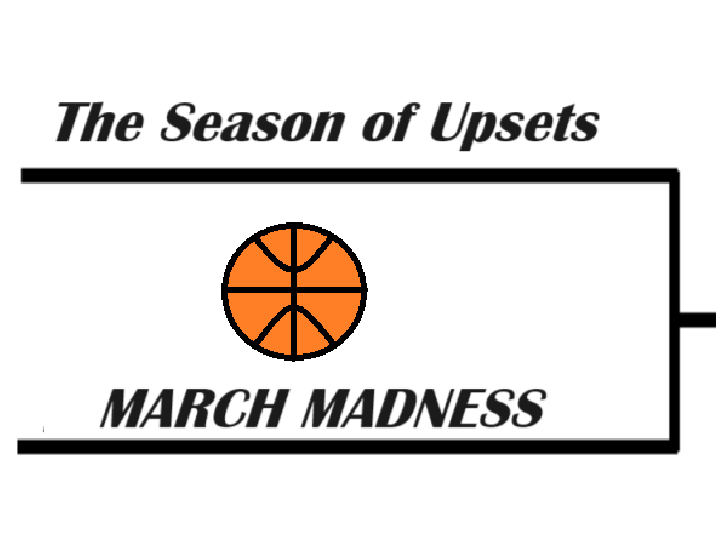


Josh Hansen • Oct 8, 2023 at 7:11 pm
This article really shows how much work goes into getting degrees and higher levels of education before you get a job.
Sandarbha • Oct 8, 2023 at 12:28 am
Student loans are a very important topic due to how they affect everyone around them, even those who aren’t in or don’t plan on going in college. This is s very important thing and I glad you brought it up.